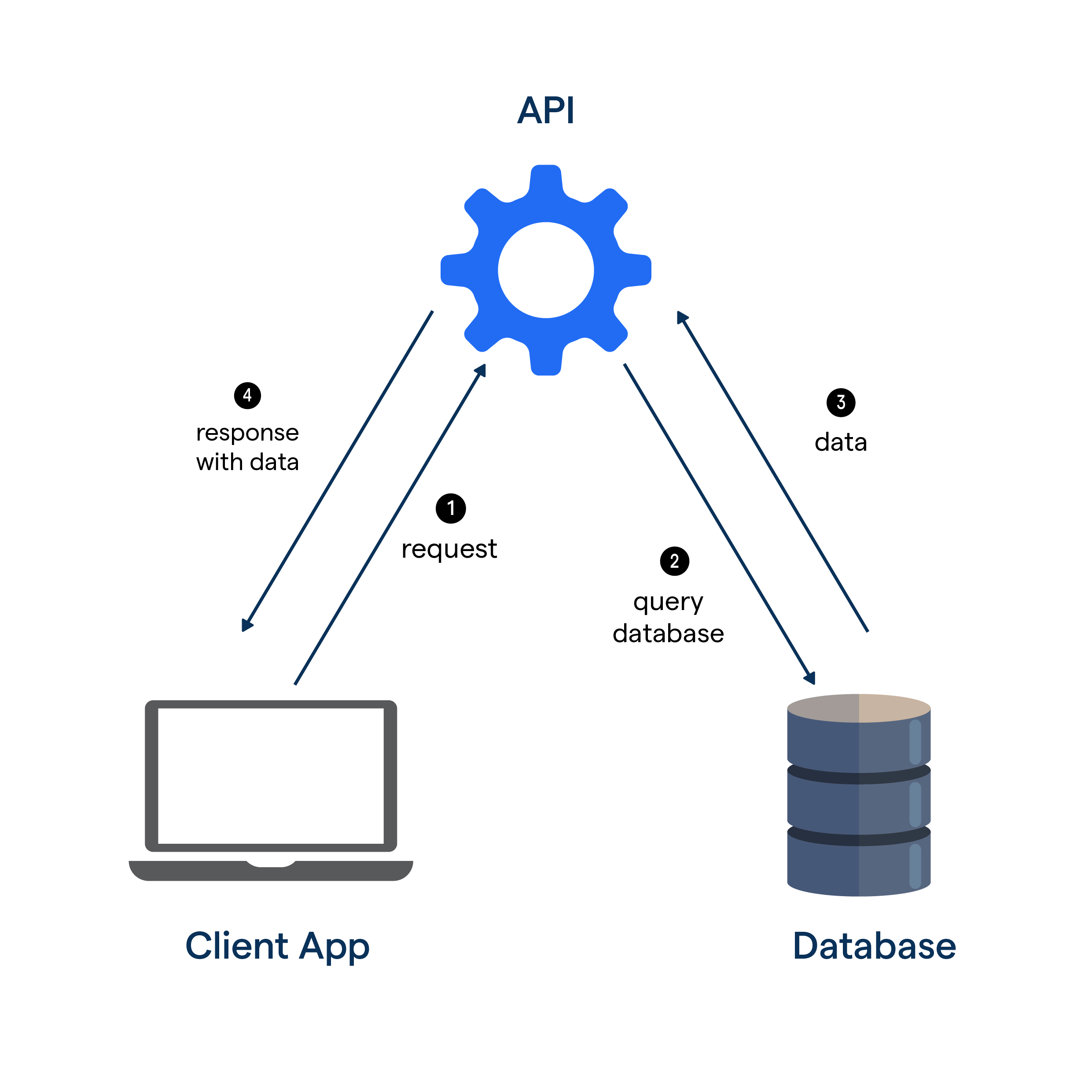What are API Calls?

API calls are a way to access information from a website or application. They allow you to pull data into your system, which you can do for many purposes.
For example, you want to create an app that shows the latest news stories. Then, you can use an API call to get those stories into your app's database and show the trending news to users.
In addition to being useful for developers who want their applications and websites integrated with other services (like Twitter),
APIs are also useful for marketers who want more information about their customers' behaviors when interacting with brands online. It is why many companies offer them as part of their marketing strategy today!
Importance of API Service Calls in Modern Technology
API (Application Programming Interface) Service Calls are crucial in modern technology as they enable different applications and systems to communicate seamlessly.
APIs provide a standard way for developers to access data and services from other applications, making it easier to build and integrate new applications with existing ones.
With APIs, businesses can leverage the power of different systems and applications to create more complex and innovative solutions. APIs also enable creating modular, scalable systems that adapt to changing business needs and requirements.
Types of API Service Calls
API Service Calls are a way to access an application's data programmatically. There are four types of service calls:
GET - This is used to retrieve information from the server
POST - It sends data to the server, usually in response to a form submission or other action on your website
PUT helps update parts of your app's data, such as adding comments on an article or changing user settings (like their name) in your app's database.
DELETE - You can use this type of call when deleting records from your database
Components of an API Service Call
An API service call typically consists of several components, including:
Endpoint: The endpoint is the URL or web address you use to request the API. It is where the API is hosted, typically including the API version and the resource you're requesting.
Request Method: The request method is the HTTP method used to make the API call.
Query Parameters: Query parameters are used to modify the API request or to filter the data returned by the API. They are typically appended to the endpoint URL and separated by ampersands. For example, a query parameter for filtering data by date might look like?date=2021-03-12.
Headers: Headers provide additional information about the request or response. They can include authentication tokens, content type, and encoding type.
Payload: The payload is the data sent in the request body, typically in JSON or XML format. This can include data for creating or updating a resource or additional parameters for filtering or modifying the request.
Response: The response is the data returned by the API after making the request. This typically includes a status code indicating whether the request was successful and the API's returned data in JSON or XML format.
Error Handling: APIs should provide clear error messages and status codes to help developers debug their code and handle errors gracefully. This can include error messages in the response body or specific status codes for different types of errors.
These components work together to enable developers to interact with the API and retrieve or modify data.
Use Cases for API Service Calls
1. eCommerce Industry

First up, we have the eCommerce industry. APIs allow online stores to integrate easily with payment gateways and shipping carriers, making checkout and shipping a breeze. It's like having a personal shopping assistant that does all the heavy lifting for you!
2. Social Media
Next, we have the world of social media. APIs from platforms like Facebook, Instagram, and Twitter allow developers to access user data and automate posting. That means more time for you to focus on creating that perfect selfie and less time worrying about posting it on every platform.
3. Finance

But wait, there's more! Financial services also use APIs to provide real-time stock quotes, account balances, and transaction data. So you can keep an eye on the stock market's ups and downs without constantly refreshing your browser.
4. Healthcare
And let's not forget about healthcare. APIs provide access to patient data and automate billing and claims processing. So the next time you visit the doctor, you can rest easy knowing that your data is being handled with the utmost care and efficiency.
5. Gaming
Last, APIs are also used in the gaming industry to provide real-time game data, user profiles, and matchmaking services. So you can focus on dominating the virtual world without worrying about the technical details.
What are the Advantages of API Service Calls?
1. Improved Efficiency and Productivity
API Service Calls can help automate and streamline processes, improving efficiency and productivity. By integrating with other systems and applications, APIs can reduce manual labor and increase the speed and accuracy of data exchange.
2. Reduced Costs
API Service Calls can also help reduce costs by reducing manual labor and increasing efficiency. APIs can help eliminate the need for manual data entry and reduce errors, which can save time and money.
3. Enhanced Security
API Service Calls can enhance security by allowing controlled access to data and resources. With proper authentication and access controls, APIs can ensure that only authorized users can access sensitive data and resources.
4. Improved Scalability
API Service Calls can improve scalability by creating modular systems that can be easily integrated with other systems and applications. It can help organizations adapt quickly to changing business needs and requirements.
Real-life Examples of API Service Calls
Google Maps: Developers can use the Google Maps API to integrate maps and location data into their applications.
Weather Forecasting: APIs collect weather data from different sources and provide it through applications and websites.
eCommerce: APIs allow eCommerce sites to integrate with payment gateways and shipping carriers to automate the checkout and shipping processes.
Social Media: Social media platforms like Facebook, Instagram, and LinkedIn provide APIs allowing developers to access user data and automate posting.
Cloud Storage: Cloud storage providers such as Amazon Web Services and Google Cloud Platform offer APIs that allow developers to store and retrieve data in the cloud.
Financial Services: APIs are used in financial services to provide real-time stock quotes, account balances, and transaction data.
Online Advertising: Ad networks like Google AdSense and Facebook Ads use APIs to provide advertisers real-time performance data and analytics.
Healthcare: APIs are used to provide access to patient data and automate billing and claims processing.
Gaming: Gaming companies use APIs to provide real-time game data, user profiles, and matchmaking services.
Internet of Things (IoT): APIs connect devices in the IoT ecosystem, enabling data exchange and control across different devices and platforms
Industries and Businesses that use API Service Calls
A wide range of industries and businesses uses API service calls. The following list includes some of the most common:
Financial services, including banks, credit unions, and other financial institutions
Healthcare organizations, like hospitals and health plans
Retailers that offer e-commerce websites or mobile apps (including Amazon)
Transportation companies that use APIs to integrate with third-party applications, such as Uber or Lyft
Entertainment companies with large digital catalogs
Final Thoughts
As technology evolves, API service calls will become even more important in facilitating communication and integration between systems. You can take full advantage of this powerful technology by understanding the basics of API service calls and best practices.


